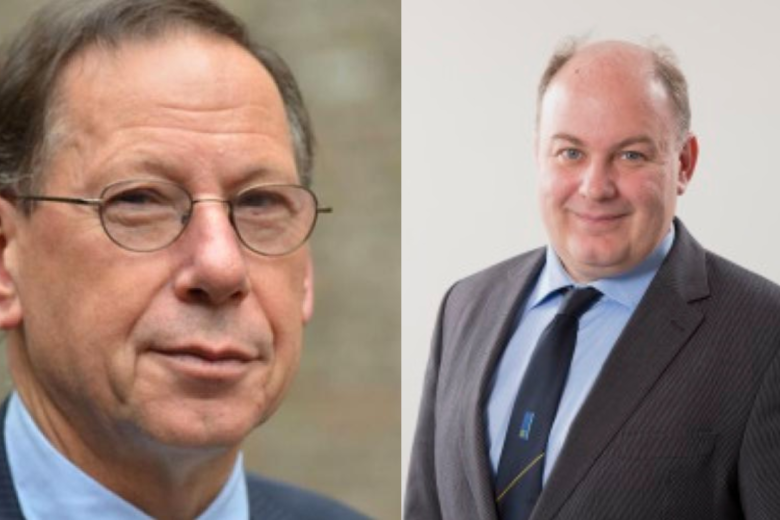HBO graduates with a migration background take longer to find work but earn more on average
HBO (universities of applied sciences) graduates with a migration background face greater challenges in finding internships or their first job compared to their peers without a migration background. However, once employed, they earn a higher average gross hourly wage. These findings come from a new study by the Research Centre for Education and the Labour Market (ROA), which examined differences in labour market outcomes between these groups.
The study, based on data from the HBO Monitor, analysed the duration of the search for internships and first jobs, salary levels, the likelihood of obtaining a job at least at HBO bachelor’s level, and the likelihood of securing a permanent contract. The results show that young people with a migration background take longer to find internships and their first job than those without a migration background. However, once employed, the opportunities are largely similar: the likelihood of finding a job at HBO level is nearly the same for both groups. Since 2016, HBO graduates with a non-Western migration background have even more frequently secured HBO-level jobs than their peers without a migration background.
Additionally, since 2017, young people with a non-Western migration background have earned a higher average hourly wage than their peers without a migration background. This wage difference is a positive development, despite the fact that young people with a migration background are less likely to receive a permanent contract.
Although the job search takes longer for young people with a migration background, the differences in search duration have gradually decreased since 2014. This suggests an improvement in the labour market position of this group over the years, though challenges remain.
Regional differences and cultural climate
The study also reveals that regional factors play a role. In regions with high levels of interethnic contact, the search for a first job takes longer for HBO graduates with a migration background. This effect is amplified in regions with a conservative cultural climate, where the search duration for HBO graduates with a non-Western migration background increases even further.
Recommendations for employers and regions
The researchers recommend that employers actively address discrimination and bias by implementing, for example, diversity training programmes and objective recruitment processes. Additionally, regional collaborations between educational institutions, businesses, and local governments could be strengthened, particularly in areas with high interethnic contact and conservative cultural climates. Improving access to networks and internships could help young people with a migration background find jobs more quickly, further enhancing their labour market participation.
Also read
-
Giants and the shoulders they stand on - Luc Soete & Bart Verspagen
UNU-MERIT celebrates the 2025 Nobel Prize in Economics awarded to Joel Mokyr, Philippe Aghion, and Peter Howitt for their groundbreaking work on technological change and economic growth. In this reflection, Luc Soete and Bart Verspagen explore the laureates’ connections to UNU-MERIT’s four decades...

-
Innovation and the dynamics of growth: a Nobel Prize for Joel Mokyr, Phillipe Aghion and Peter Howitt - Mark Sanders
Mark Sanders reflects on his personal encounters with Joel Mokyr, Philippe Aghion, and Peter Howitt, explaining why their research on innovation-driven economic growth deserves the 2025 Nobel Prize in Economics 2025 Nobel Prize in Economics and how their work advances the Schumpeterian tradition.

-
Innovation, growth, and the missing pieces: a broader perspective on the 2025 Nobel Prize in Economics - Tania Treibich
Tania Treibich examines the 2025 Nobel Prize in Economics laureates’ contributions to understanding the dynamics of innovation, showing how their research demonstrates that technological change, entrepreneurial investment, and competition are central to sustained economic growth.
